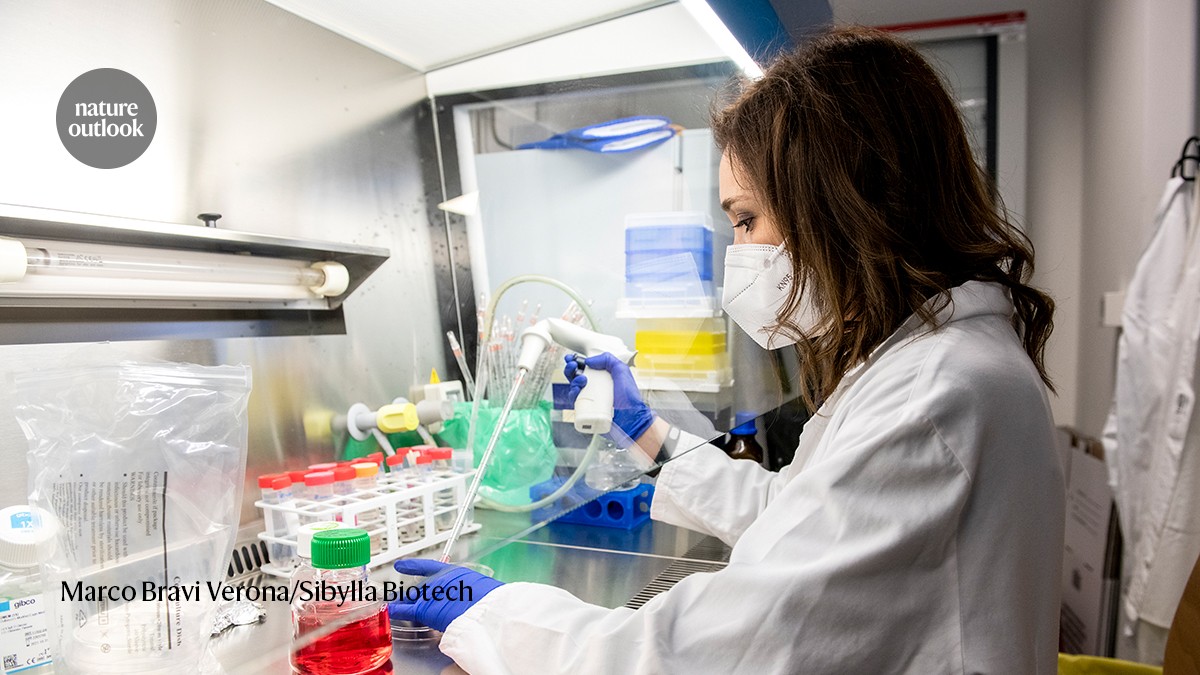
- Select a language for the TTS:
- UK English Female
- UK English Male
- US English Female
- US English Male
- Australian Female
- Australian Male
- Language selected: (auto detect) - EN
Play all audios:
Frisch, M., Pedersen, B. V. & Andersson, R. E. Appendicitis, mesenteric lymphadenitis, and subsequent risk of ulcerative colitis: cohort studies in Sweden and Denmark. _BMJ_
doi:10.1136/bmj.b716 Appendectomy is associated with a reduced risk of developing ulcerative colitis; however, whether this reduction in risk is a consequence of the appendectomy or
secondary to an alternative cause has, until now, been unclear. Findings from a new study indicate that appendicitis, but not appendectomy _per se_, is responsible for the reduced incidence
of ulcerative colitis commonly associated with this surgical procedure, in both the general population and in at-risk individuals. “Our study provides strong evidence that appendectomy as
such has no impact on the future risk of developing ulcerative colitis among members of the general population,” explains the lead researcher, Morten Frisch. “Additionally, appendectomy was
associated with no reduction in ulcerative colitis risk among ... individuals with a familial predisposition to IBD.” Credit: Credit: Wikipedia The cause of the approximate 50% reduction in
risk of the development of ulcerative colitis in individuals who have undergone appendectomy is of considerable clinical importance. If appendectomy _per se_ reduces the risk of ulcerative
colitis, this procedure could be employed as a measure to actively avert this disease in high-risk individuals. Frisch and colleagues, therefore, conducted their study to address the
question of whether the appendectomy or the underlying morbidity—appendicitis—was responsible for the reduced risk of ulcerative colitis in appendectomized individuals. The researchers used
national databases that contained information on all individuals who had undergone appendectomy in Sweden and Denmark from 1964 to 2004 and 1977 to 2004, respectively. Over 700,000
individuals in these two registries who were eligible for the study were followed up to investigate whether they subsequently developed ulcerative colitis. The researchers found that
appendectomy itself did not reduce the risk of ulcerative colitis. Rather, the incidence of ulcerative colitis was only reduced in patients who had undergone appendectomy for appendicitis in
childhood or adolescence. Moreover, investigation of 224,483 patients who had a first-degree relative with IBD revealed that appendectomy without underlying appendicitis also did not reduce
the risk of ulcerative colitis in this group of individuals. However, similar to the association between appendicitis and the reduced risk of ulcerative colitis in the general population,
the presence of appendicitis was also associated with a significant reduction in risk of ulcerative colitis in patients with a familial predisposition to IBD. This is the first study to
examine the possible effect of appendectomy in high-risk individuals with a predisposition to ulcerative colitis. The researchers' main finding was that removal of the appendix itself
does not affect the risk of ulcerative colitis, which indicates that use of appendectomy as a measure to prevent ulcerative colitis in high-risk individuals would be useless. “The overall
take-home message from our study is that appendectomy has no impact on ulcerative colitis risk. Consequentially, the previously hypothesized prophylactic capabilities of appendectomy should
be dismissed,” concludes Frisch. The causes of ulcerative colitis remain poorly understood; however, the etiology probably involves a complex interplay between genetic susceptibility factors
and environmental risk factors. Although the findings from the study by Frisch and colleagues reject appendectomy as a cause of the reduced risk of ulcerative colitis, the mechanism by
which appendicitis does reduce this risk remains an unanswered question. Possible mechanisms include altered inflammatory responses that might provide immunological protection against the
development of ulcerative colitis. Alternatively, genetic traits that increase susceptibility for appendicitis might confer protection against ulcerative colitis. The researchers expect the
findings from their study will stimulate investigators from other fields of medicine, such as geneticists and immunologists, to propose possible, testable mechanisms by which appendicitis
might reduce the risk of developing ulcerative colitis. They also consider the possibility that appendectomy might have a role in the treatment of patients with established ulcerative
colitis: “...on the basis of other recent studies ... whether appendectomy actually improves the clinical course of ulcerative colitis is a subject of considerable interest and relevance to
patients with ulcerative colitis and their doctors.” Authors * Susan J. Allison View author publications You can also search for this author inPubMed Google Scholar RIGHTS AND PERMISSIONS
Reprints and permissions ABOUT THIS ARTICLE CITE THIS ARTICLE Allison, S. Appendicitis, but not appendectomy, reduces risk of ulcerative colitis. _Nat Rev Gastroenterol Hepatol_ 6, 317
(2009). https://doi.org/10.1038/nrgastro.2009.78 Download citation * Issue Date: June 2009 * DOI: https://doi.org/10.1038/nrgastro.2009.78 SHARE THIS ARTICLE Anyone you share the following
link with will be able to read this content: Get shareable link Sorry, a shareable link is not currently available for this article. Copy to clipboard Provided by the Springer Nature
SharedIt content-sharing initiative






